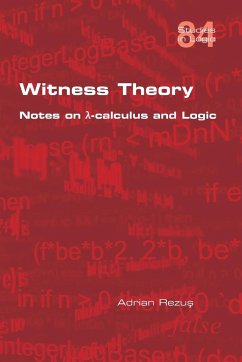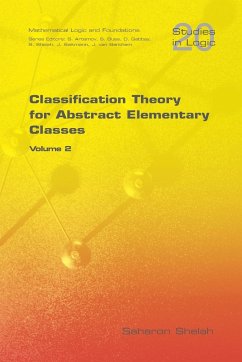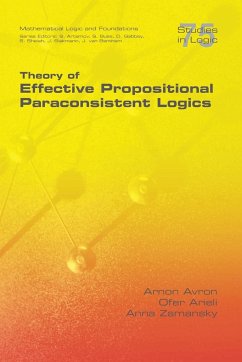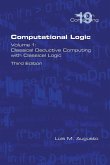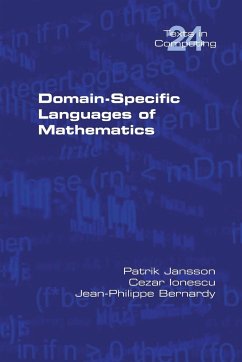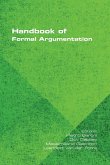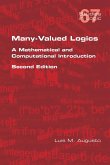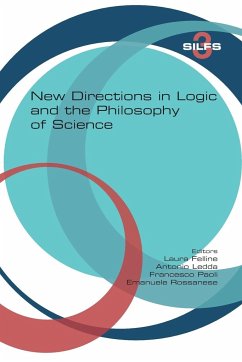This book is concerned with the mathematical analysis of the concept of formal proof in classical logic, and records - in substance - a longer exercise in applied λ-calculus. Following colloquialisms going back to L. E. J. Brouwer, the objects of study in this enterprise are called witnesses. A witness is meant to represent the logical proof of a classically valid formula, in a given proof-context. The formalisms used to express witnesses and their equational behaviour are extensions of the pure `typed' λ-calculus, considered as equational theories. Formally, a witness is generated from decorated - or `typed' - witness variables, representing assumptions, and witness operators, representing logical rules of inference. The equational specifications serve to define the witness operators. In general, this can be done by ignoring the `typing', i.e., the logic formulas themselves. Model-theoretically, the witnesses are objects of an extensional Scott λ-model. The approach - called, generically, `witness theory' - is inspired from work of N. G. de Bruijn, on a mathematical theory of proving, done during the late 1960s and the early 1970s, at the University of Eindhoven (The Netherlands), and is similar to the approach behind the Curry-Howard Correspondence, familiar from intuitionistic logic. For the classical case, the decorations - oft called `types' - are classical logic formulas. At quantifier-free level, the equational theory of concern is the λ-calculus with `surjective pairing' and some subsystens thereof, appropriately decorated. The extension to propositional, first- and second-order quantifiers is straightforward. The book consists of a collection of notes and papers written and circulated during the last ten years, as a continuation of previous research done by the author during the nineteen eighties. Among other things, it includes a survey of the origins of modern proof theory - Frege to Gentzen - from a witness-theoretical point of view, as well as a characteristic application of witness theory to a practical logic problem concerning axiomatisability.
Hinweis: Dieser Artikel kann nur an eine deutsche Lieferadresse ausgeliefert werden.
Hinweis: Dieser Artikel kann nur an eine deutsche Lieferadresse ausgeliefert werden.

